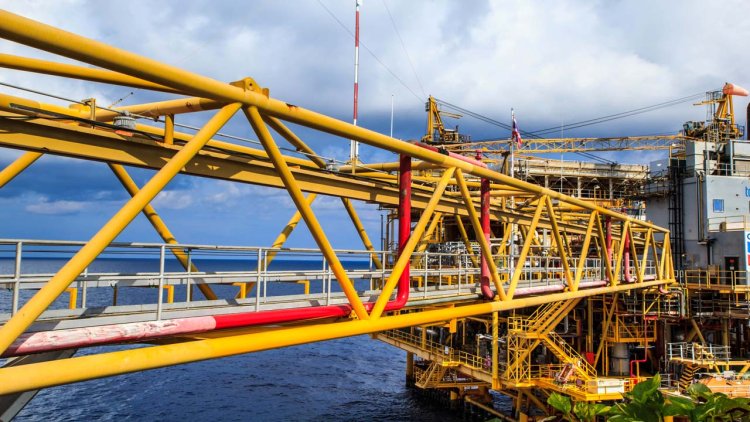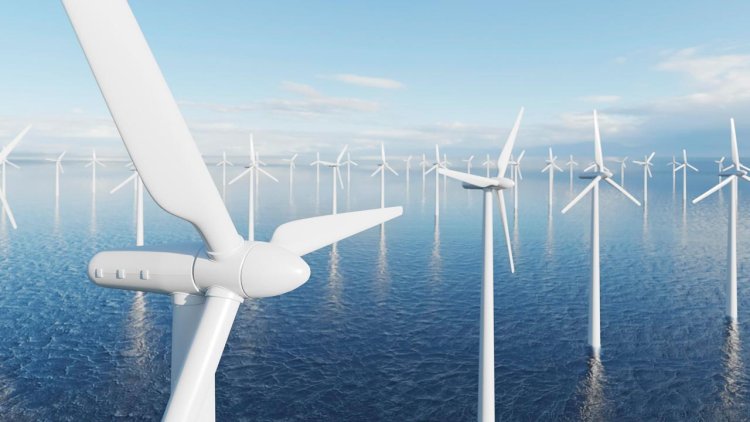Moe is a political scientist and professor in NTNU’s Department of Sociology and Political Science. He is studying which factors are slowing the transition to greener technologies.
He says:
“We need to invest heavily in renewable energy and ensure that it becomes competitive in international markets.”
He agrees with experts who predict that Russia will be the winner if Norway abruptly shuts down its oil industry. Norway would lose geopolitically, and Europe would become even more dependent on its neighbour to the east. Moe believes neither Norway nor the climate would benefit from that turn of events.
At the same time, Moe notes that that oil supporters are by no means completely correct in all their views. The more money that is invested in oil, the less is left to invest in new technology. The Norwegian petroleum industry – not offshore wind – was awarded the largest national package of measures during the coronavirus pandemic.
Moe says:
“We need to phase in renewable energy as soon as possible – and for Norway that means investing in offshore wind and carbon capture and storage. Those options aren’t economically profitable yet, and the transition will be difficult. To succeed, we need to look at the climate, energy, the economy and politics as a whole.”

Moe points out that technology which a few years ago was far ahead of its time has quickly become competitive in price. The Norwegian (and mostly state-owned) energy company Equinor recognizes that it can also become dominant in new green technology. However, even when the technology exists, its use depends on complicated political processes that don’t fall into place on their own.
Moe adds:
“We need a transition from a fossil energy system to a renewable energy system – from one structure to another. How do we get there? The future will be about compromises at the expense of principles.”
There’s no question that we have to increase electricity production, and that electricity has to be renewable. Achieving this will require having a policy of structural change.
He says:
“In this area, the election campaign in Norway (in September) was oversimplified in a lot of ways. Too much of the discussion has been about who does and doesn’t want an end date for Norwegian oil production. In many ways that’s a tangential and symbolic issue that takes attention away from what can actually make a difference.”

Moe believes the inflamed debate over wind power and siting wind turbines has marred the Norwegian climate debate. Everyone agrees that we need renewable energy, but no one wants wind turbines in their backyard. Wind power has become an identity policy, where opponents condemn each other instead of working together to find effective political solutions.
He also points out that the wind power debate has been problematic for several political parties – especially the Socialist Left Party and the Green Party, because they have both supporters and opponents of land-based wind power in their ranks.
Moe believes we can’t wait for offshore wind, because developing it will take time and probably become so expensive that the electricity will end up being sold to the continent. That’s good for the climate, because the electricity will replace fossil-fuel energy in Europe – but Norway also has to produce renewable energy domestically.
Source: Norwegian SciTech News



